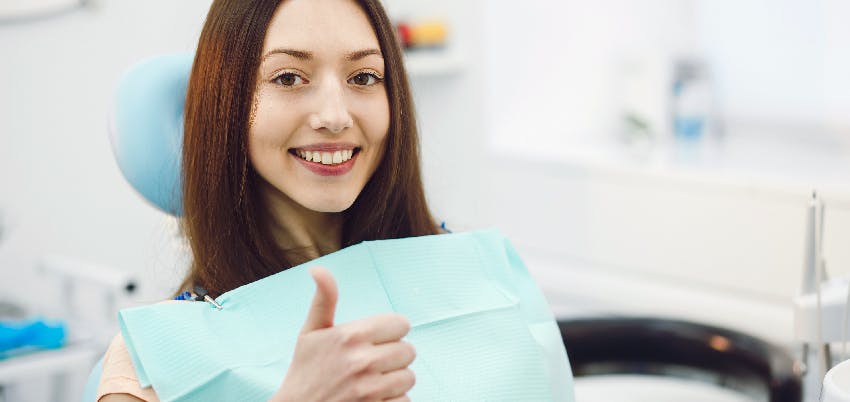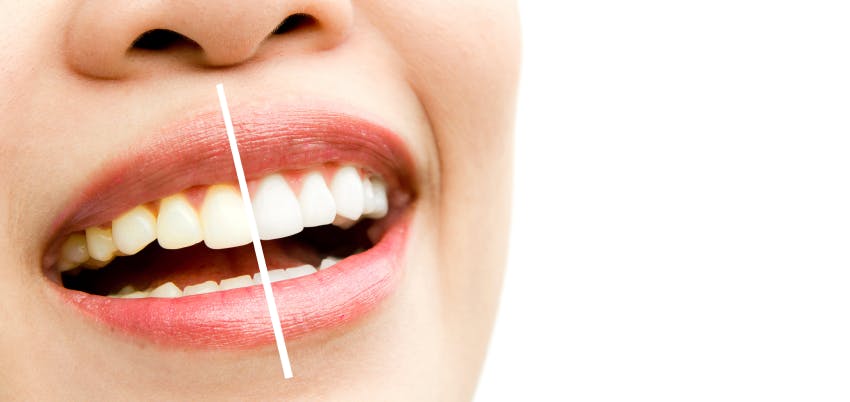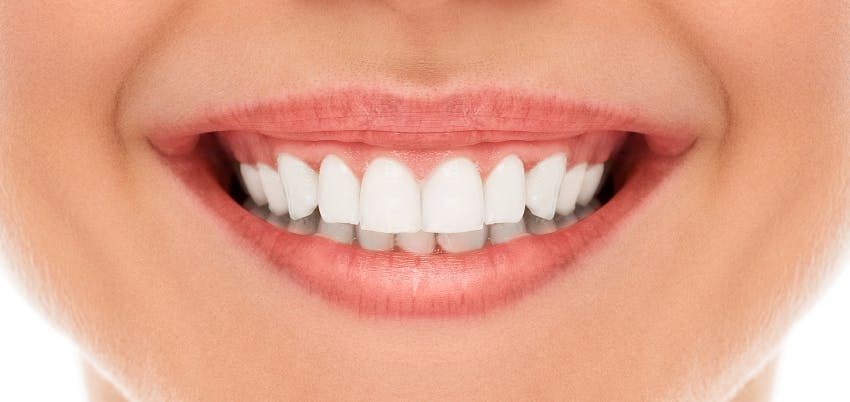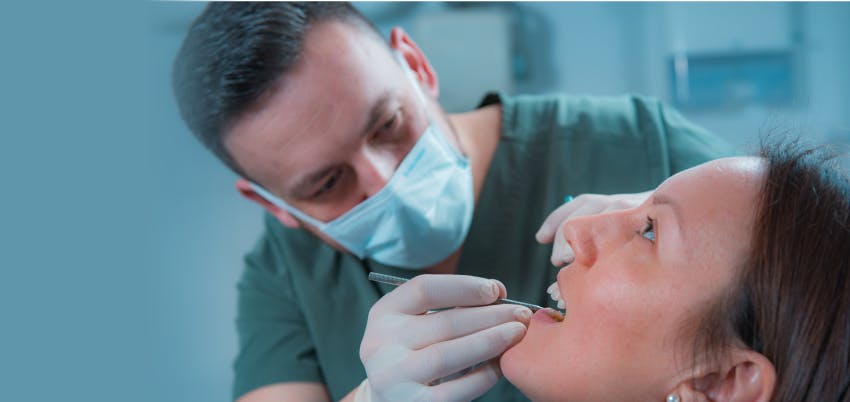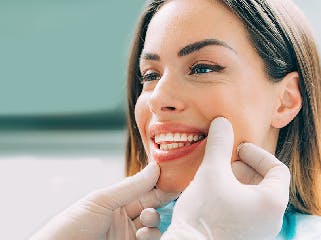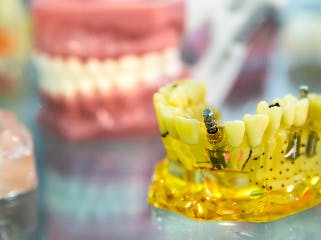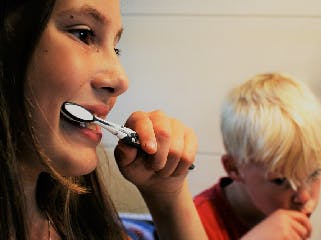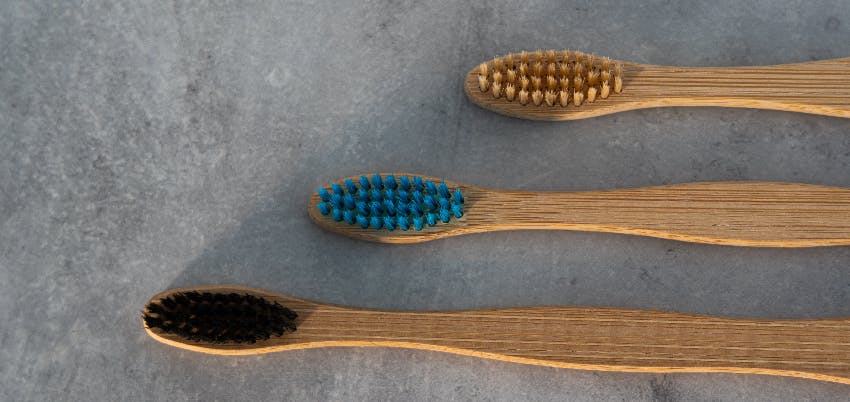
The curious story of toothbrush
by Wildsmile
Have you ever asked yourself what the origin of the toothbrush is?
The toothbrush is not a new invention as you might think, it's older than it looks. It was invented long before the discovery of electricity, steam engines, the bicycle, and even the laws of gravity. Its origins go back to Asia. Legends tell there was once a Chinese emperor who was very sad because the woman he loved rejected him. Determined to conquer her heart, he gifted her a garden full of the most beautiful flowers in the country, a house at the edge of a lake, dresses embroidered with gold thread and even a zoo with the most exotic animals; but the woman kept rejecting Emperor Hongzhi. Desperate, he asked her what was the reason for not being loved back, so she said: "Your Majesty, your mouth smells bad. The emperor sent for the most intelligent men in kingdom and told them to take that unpleasant smell out of his mouth. After several days of hard work, they returned with a strange tool, a kind of bamboo stick with wild pig's hair tied on it.
Thus was born in 1498, the first toothbrush.
From East to Europe
Two centuries later, European travelers and navigators brought inumerable treasures and other artifacts from the East to the old continent, sucha as the toothbrush. At first it was used only by people of the nobility, who although their hygiene conditions were quite questionable, adopted it easily. And as good Europeans, soon they made improvements: they exchanged pig hair for horsehair, due to it was softer for their teeth and gums. By 1720, Pierre Fauchard, known as "the father of modern dentistry" provided the first detailed basis for the correct use of the tootbrush; from him comes, for example, the idea of rubbing the molars in a circular shape.
It seems that the history of the toothbrush is strongly influenced by the french, since, in the XIX century Louis Pasteur, promulgated his famous: Theory of Germs. Then, dentists of those times, found that the bristles of animal hair were a source of microbes; therefore it began to suggest the sterilization with boiling water, which resulted in a new problem: because this recommendation, the tootbrush turned weak and almost disposable. But the story does not end here, we had to wait about 100 years, until a man called Wallace Hume Carothers invented the Nylon, changing in this way the history of the tootbrush! Thanks to him, there was finally resistant material to bacteria, but soft and flexible at the same time.
And remember that at Wildsmile we want to take care of you in situations like those of the emperor, which is why, in our Smart and Premium plans, you receive a toothbrush every 3 months.
Want to learn more about this?
Contact us
Your contact request is registered. We will contact you as soon as possible.
Lorem ipsum dolor sit amet, consectetur adipisicing elit. Adipisci alias aliquid amet commodi dolor, dolore doloremque dolores fugit quod repellat.
 ENG
ENG
